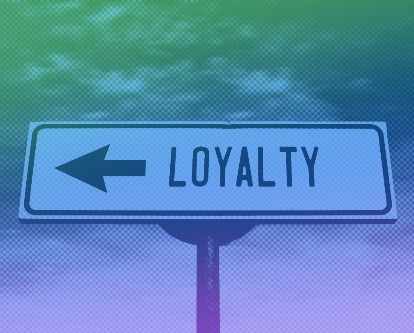
EDIT
Valerie S. Folkes
- Professor Emeritus of Marketing
Valerie Folkes studies consumers' responses to negative information and attributions for service and product performance. Her research has been widely published, including in the Journal of Consumer Research, Journal of Consumer Psychology, and Journal of Marketing. She serves on the editorial review board of the Journal of Consumer Research, the Journal of Consumer Psychology and Journal of Marketing. She is an Associate Editor for the Journal of Consumer Research and was an Area Editor for the Journal of Consumer Psychology. Professor Folkes served as president of the Association for Consumer Research in 2001, and is a Fellow of the Consumer Psychology Division of the American Psychological Association

INSIGHT + ANALYSIS
INSIGHT + ANALYSIS
